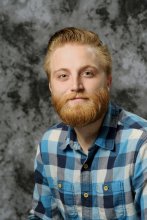Faculty, Staff and Student Updates
Faculty Awards:
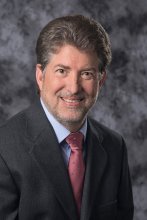
Director of MIfA, Dr. Evan Skillman named a CSE Distinguished Professor.
Dr. Skillman received this honor in recognition of his contributions to the College of Science and Engineering and the University of Minnesota through teaching, research, and service. He has made fundamental contributions to the understanding of the early universe through observations of dwarf galaxies and their constituents. We are also grateful to him for his ongoing service as the Director of MIfA.
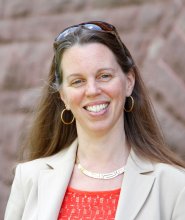
Lucy Fortson was named APS Fellow
She was cited for her “groundbreaking innovations to public engagement in astrophysics research, and for the fundamental advancement of understanding active galactic nuclei through leadership in high energy gamma ray astronomy.”
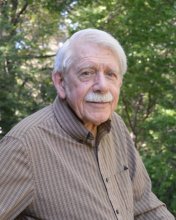
AGU Honors Dr. Robert Pepin’s Distinguished Career in Planetary Science
The award recognizes “significant contributions to the field of planetary science from a midcareer or senior scientist.”
Staff and Student Awards:
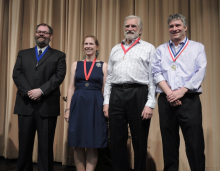
Angie Stehr being a finalist on the “Great American Think Off” contest
Angela Stehr - a staff member at UMN’s Minnesota Institute for Astrophysics; received an M.A. in classics from the University of Cincinnati, and an M.A. in museum studies from the Institute of Archaeology at University College London - Stehr likes women’s hockey, Goldie Gopher, going to concerts, knitting, reading, and gardening. Her garden has a continuously increasing focus on pollinators, and she has taken to nurturing caterpillars from eggs to butterflies in the summer.
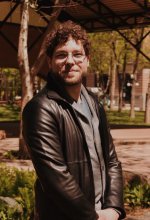
MIfA Graduate Student, Alexander Criswell, was awarded the 2021 President's Student Leadership & Service Award
"I'm most proud of co-creating and coordinating the Universe @ Home virtual astronomy outreach program. Adapting scientific outreach to pandemic conditions was a difficult challenge; I'm grateful to have worked with a wonderful group of graduate and undergraduate students to overcome these barriers and safely bring astronomy to the public."
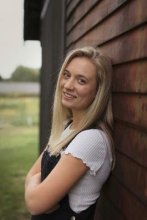
MIfA Undergraduate Student accepted into NASA L'Space Academy
MIfA Undergraduate Student Izzi Perron was accepted into the highly competitive NASA L'SPACE (Lucy Student Pipeline Accelerator and Competency Enabler) Academy, a mentoring program designed to develop future workforce talents in space missions and technologies. Izzi was selected for the Mission Concept Academy.
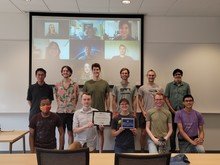
Local team selected by Air Force for space launch
A team from the University of Minnesota Small Satellite Laboratory was selected in a competition to be one of three teams to have their small instrument, a cubesat, launched into space. Professor Lindsay Glesener of the School of Physics and Astronomy was a co-advisor (along with Professor Demoz Gebre-Egziabher of the School of Aerospace Engineering) on the project which will test a proof of concept design for space navigation.
New MIfA Research Awards
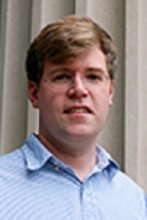
Pat Kelly was awarded a ~$1M NSF MRI award titled: MRI: Development of Telescope Arrays to Image the Optical Counterparts of Mergers within Two Seconds of Gravitational-Wave Detection and Observe Supernovae at the Time of Explosion. Also involved with this award is Michael Coughlin, Lucy Fortson, Vuk Mandic, Claudia Scarlata, and Bob Gehrz.
The National Science Foundation has approved a $1 million-dollar Major Research Infrastructure grant for a pair of new instruments that will be known as the Total-Coverage Ultrafast Response to Binary-Mergers Observatory, or TURBO for short. The project will construct a set of sixteen eight-inch wide-field telescopes at Skinakas Observatory on the tallest mountain in Crete, Greece and the Magdalena Ridge Observatory near Soccoro, New Mexico. Powerful mounts will enable TURBO to slew and image two-hundred square degrees on the sky within two seconds. This ability will allow it to search much faster than any existing telescope for optical emission associated with mergers of neutron stars and black holes discovered by gravitational-wave detectors but located only approximately on the sky. A prototype constructed on the St. Paul campus was assembled almost entirely by undergraduates.
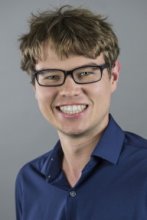
Michael Coughlin received a new NSF Award titled: Accelerated AI Algorithms for Data-Driven Discovery (A3D3). University of Washington is the lead institution (with the PI Prof. Shih-Chieh Hsu), Dr. Coughlin is one of the 4 co-PIs, and the whole list of institutions involved is Caltech, Duke, MIT, Purdue, UCSD, UIUC, UMN, Washington, and Wisconsin.
As scientific data sets become progressively larger, algorithms to process this data quickly become proportionally more complex. In response, Artificial intelligence (AI) has emerged as a solution to quickly process these complex data sets, leading to a revolution in the way we analyze data. To harness these new developments and leverage them for the advancement of science, the University of Washington is leading, with University of Minnesota involvement, a $15 million NSF HDR Institute of Accelerated AI Algorithms for Data-Driven Discovery (A3D3). Within the field of multi-messenger astrophysics, A3D3 is working to integrate AI to promptly very quickly and computationally efficiently process the data from telescopes, neutrino detectors, and gravitational-wave detectors in order to quickly identify astronomical transient events corresponding to the most violent phenomena in the Universe.
New Graduate Students:

Lindsey Gordon
Lindsey Gordon is a graduate of Wellesley College, class of 2021, where she majored in astrophysics and minored in computer science. Her past research spans a wide range of subjects, including observational exoplanet follow-up, experimental accelerator design, data mining the HST archives, and writing ML tools to classify TESS light curves. At UMN Lindsey will be joining Tom Jones' group working on MHD simulations as part of the WOMBAT project.
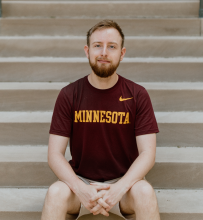
John Miller
Originally from Southlake, Texas, I attended Indiana University in Bloomington, Indiana, and graduated with dual degrees in Physics and Astronomy. In my undergraduate thesis, I observed and analyzed the metallicities of 80 different ALFALFA-selected dwarf galaxies. Currently, I am researching gravitational lensing quads with Professor Liliya Williams and have been thoroughly enjoying the challenge. In my free time, I enjoy transcribing snare drum music from DCI/ WGI, playing video games with my old high school friends, and cycling. Additionally, I have just adopted a four-month-old black kitten named Io who is luckily much more benign than her namesake.
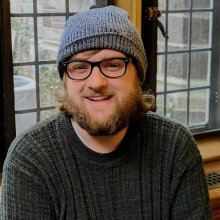
Tyler Barna
I graduated from Rutgers University in the Spring of 2021 with a bachelor's degree in astrophysics, where I wrote a senior thesis on observing Type Ia Supernovae with the Transiting Exoplanet Survey Satellite. In the future, I plan to work in the areas of observational astronomy and computational astrophysics. Currently, I'm working with Professor Coughlin to develop an automated pipeline to identify potential optical counterparts of Kilonovae and trigger follow-up observations of these candidates. In my free time, I enjoy playing the guitar, collecting records, watching films, cooking, and baking. This will be my first time living outside New Jersey, so I'm excited to explore the Twin Cities; I'm looking forward to meeting everyone in the Fall.
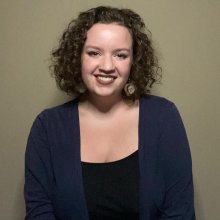
Sarah Taft
Sarah graduated from Macalester College in 2019 where she studied physics, astronomy, and German. For the past two years, she's been teaching and tutoring high school physics and math in Chicago. Outside of academia, Sarah enjoys playing guitar and piano, singing, reading, and cycling. She's excited to join the MIfA community and be back in the Twin Cities!
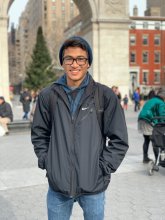
Derek Perera
My name is Derek Perera and I am an incoming first-year grad student currently working with Prof. Liliya Williams on gravitational lens modeling. I completed my undergrad work at the University of California, Berkeley, where I worked on Type II supernova cosmology. I have very broad research interests, ranging from cosmology to high energy astrophysics. In my free time, I am an avid chess and hockey player. I am also a fan of metal music, talking politics, hiking, and running.
Graduate Students who received their PhDs in 2021:
Trevor Knuth, Ph.D., Summer 2021
